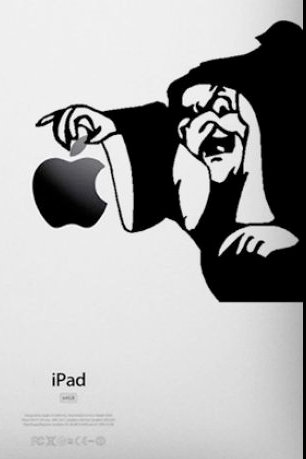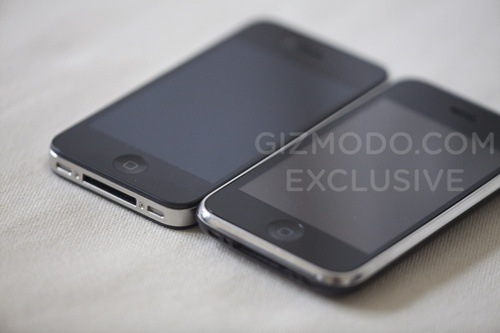I’ve been accused of being an Apple fanboy because I have an iPhone 3G (that which was shiny and new barely two years ago is already considered steam-powered and antique). Stephen Fry has a review up on his site, which starts with this summary not of the iPhone 4, but of the reaction to the release:
The hooplah that surrounds the release of a new Apple product is enough to make many otherwise calm and balanced adults froth and jigger. That some froth with excited happiness and others with outraged contempt is almost irrelevant, it is the intensity of the response that is so fascinating. For the angry frothers all are fair game for their fury — the newspapers, the blogosphere, the BBC and most certainly people like me for acting, in their eyes, as slavish Apple PR operatives. Why should these iPads and iPhones be front page news when, the frothers froth, there are plenty of other manufacturers out there making products that are as good, if not better, for less money? And isn’t there something creepy about Apple’s cultiness and the closed ecosystem of their apps and stores? The anti-Applers see pretension and folly everywhere and they want the world to know it. The enthusiastic frothers don’t really mind, they just want to get their hands on what they perceive as hugely desirable objects that make them happy. The two sides will never agree, the whole thing has become an ideological stand-off: the anti-Apple side has too much pride invested in their point of view to be able to unbend, while Apple lovers have too much money invested in their toys to back down. It is an absorbing phenomenon and one which seems to get hotter every week.
The iPhone 4 isn’t available in Canada yet, and I suspect won’t be taken up with quite the same vigour displayed in its US debut: unlike American customers who signed up for two years with AT&T, Canadian customers of Rogers had to take a three-year contract. None of them will be at their end-of-contract when the new iPhone is released here. It will take some of the demand away, compared to the US market . . . but certainly not enough to make the release a flop.





